Fortnite: A Game That Redefined Battle Royales and Gaming Culture
Introduction
Since its release in 2017, Fortnite has taken the world by storm, becoming one of the most popular and influential video games ever made. Developed by Epic Games, Fortnite is a multiplayer battle royale game that has captured the imaginations of millions, blending the excitement of survival, building mechanics, and constant updates that keep players coming back for more. With its fast-paced action, vibrant visuals, and regular in-game events, Fortnite has firmly established itself as a cultural phenomenon.
At its core, Fortnite follows the typical battle royale formula: 100 players drop onto an island, scavenge for weapons and resources, and fight until only one player (or team) remains. However, Fortnite introduces a unique twist with its building mechanic. Players can gather resources like wood, stone, and metal to build structures for defense or to gain the high ground in combat, adding a strategic layer to the action.
The game has a diverse selection of weapons, including rifles, shotguns, and explosives, and features a variety of modes, such as solo, duos, squads, and limited-time events. The game's world, constantly evolving through seasonal updates, keeps things fresh and engaging, with new challenges, skins, and in-game events that encourage players to keep playing.
The Battle Pass and Customization
One of the key elements behind Fortnite’s continued success is its seasonal content, driven by the Battle Pass system. Each season brings new challenges, skins, and items, with players able to unlock content as they level up their Battle Pass through completing objectives and in-game milestones. The inclusion of exclusive rewards, such as skins, emotes, and back bling, encourages players to invest time and effort into progressing through the Battle Pass, while also providing a sense of accomplishment.
Customization is at the heart of Fortnite's appeal. Players can personalize their in-game characters with a vast array of skins, pickaxes, gliders, and emotes, often featuring collaborations with major franchises like Marvel, Star Wars, and DC Comics. This level of customization has allowed players to express themselves in the game, making it more than just a battle for survival—it’s a platform for creativity and personal flair.
Beyond its gameplay mechanics and customization options, Fortnite has become a cultural juggernaut. From its iconic dances and emotes to crossovers with major media franchises, Fortnite has transcended the world of gaming and entered mainstream pop culture.
The game’s emotes, like the "Floss" or "Orange Justice," have become viral sensations, with players performing these dances both in-game and in real life. Epic Games has also collaborated with artists, movie studios, and celebrities to host in-game events, such as live concerts from Marshmello and Travis Scott. These events provide players with a unique, interactive experience that goes beyond traditional gaming and blurs the line between video games and live entertainment.
Moreover, Fortnite has become a social hub for millions of players. The game's open chat features and party system allow friends to play together regardless of their physical locations, fostering a sense of community. Players engage in friendly competition, join forces in teams, and create memories through in-game moments, making Fortnite a shared experience among gamers worldwide.
While Fortnite started as a casual experience, it has quickly evolved into a competitive powerhouse. Epic Games invested heavily in building a thriving esports scene, with tournaments like the Fortnite World Cup offering multi-million-dollar prize pools. The competitive community has grown rapidly, with skilled players showing off their building and combat abilities on a global stage.
The Fortnite World Cup in 2019 was a major milestone for the game, with the event attracting over 2.3 million concurrent viewers and crowning the first-ever solo and duo champions. The game continues to host seasonal tournaments, adding an exciting element for both casual players and professional competitors alike.
Despite its success, Fortnite has not been without its challenges. The game's free-to-play model and microtransactions have led to criticism, particularly regarding its "pay-to-skip" model for the Battle Pass and the impact of in-game purchases on younger players. The game has also faced scrutiny for the influence of in-game skins and cosmetics on children, with concerns about whether the game's monetization practices are healthy for young audiences.
Moreover, Fortnite’s building mechanics, while innovative, can create frustration for some players, as high-level players use the building feature to gain a significant advantage in combat. However, Epic Games has consistently balanced the game and introduced new mechanics to address player feedback, showing their commitment to making the game enjoyable for a wide range of audiences.
Fortnite has firmly established itself as one of the most influential video games of its generation, with a global player base, cultural impact, and ongoing success in the gaming industry. Its blend of survival, creativity, and constant innovation keeps players engaged while offering new experiences through frequent updates and in-game events. As Fortnite continues to evolve, one thing is certain—it will remain at the forefront of gaming culture for years to come. Whether you're a casual player, a competitive gamer, or simply a fan of pop culture, Fortnite has something for everyone.
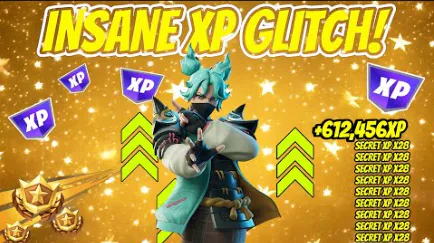
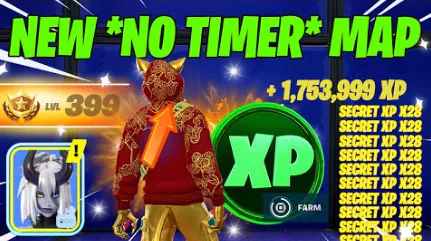
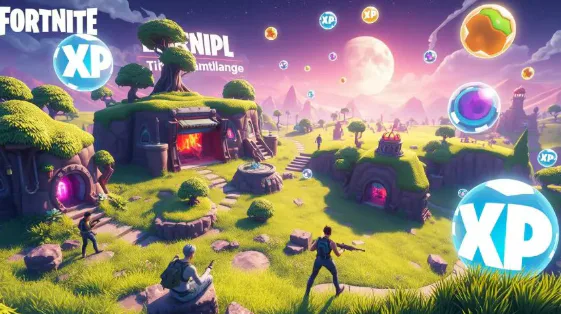

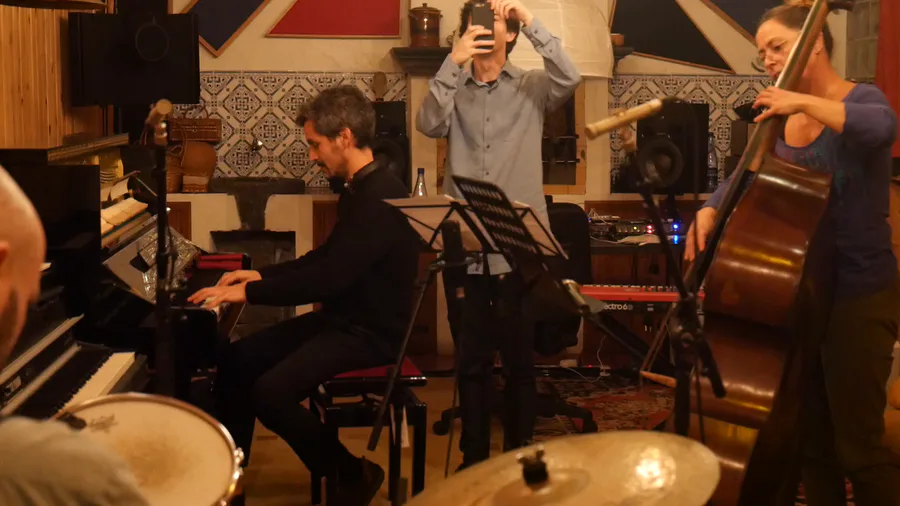
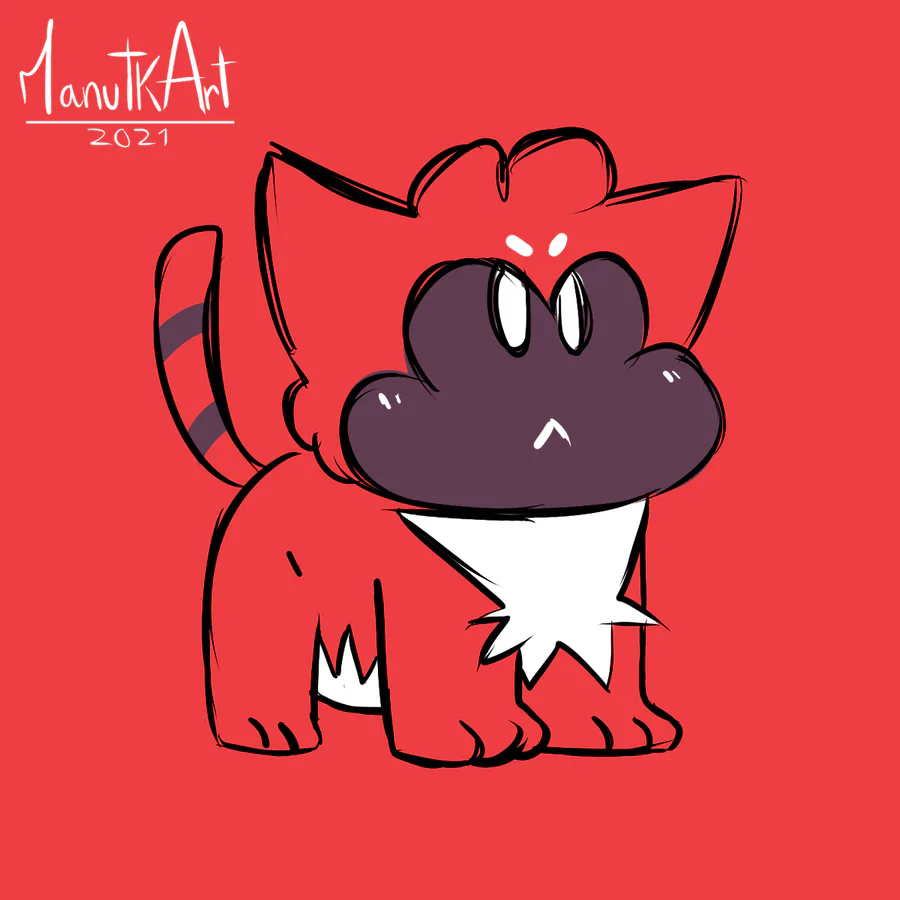
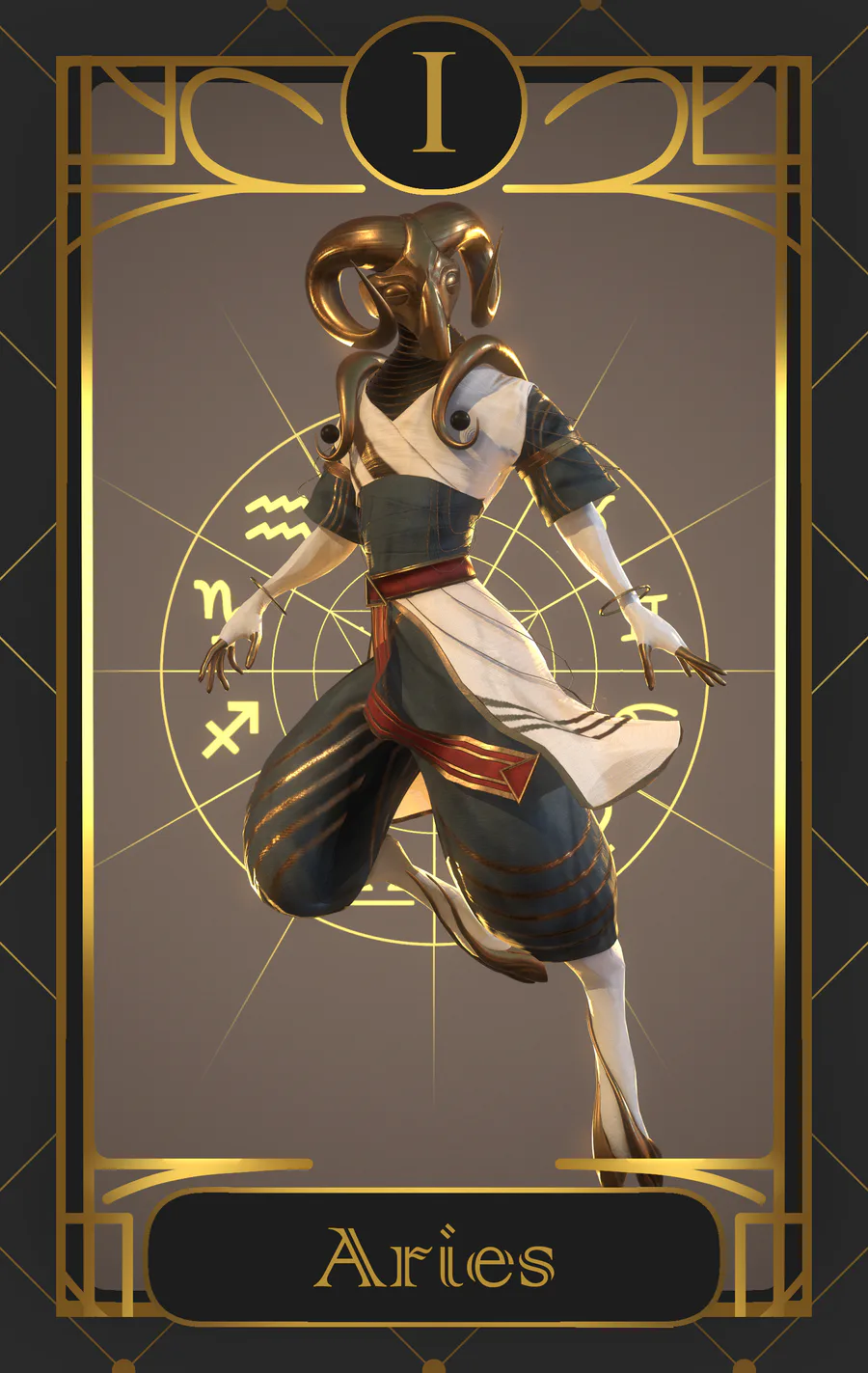



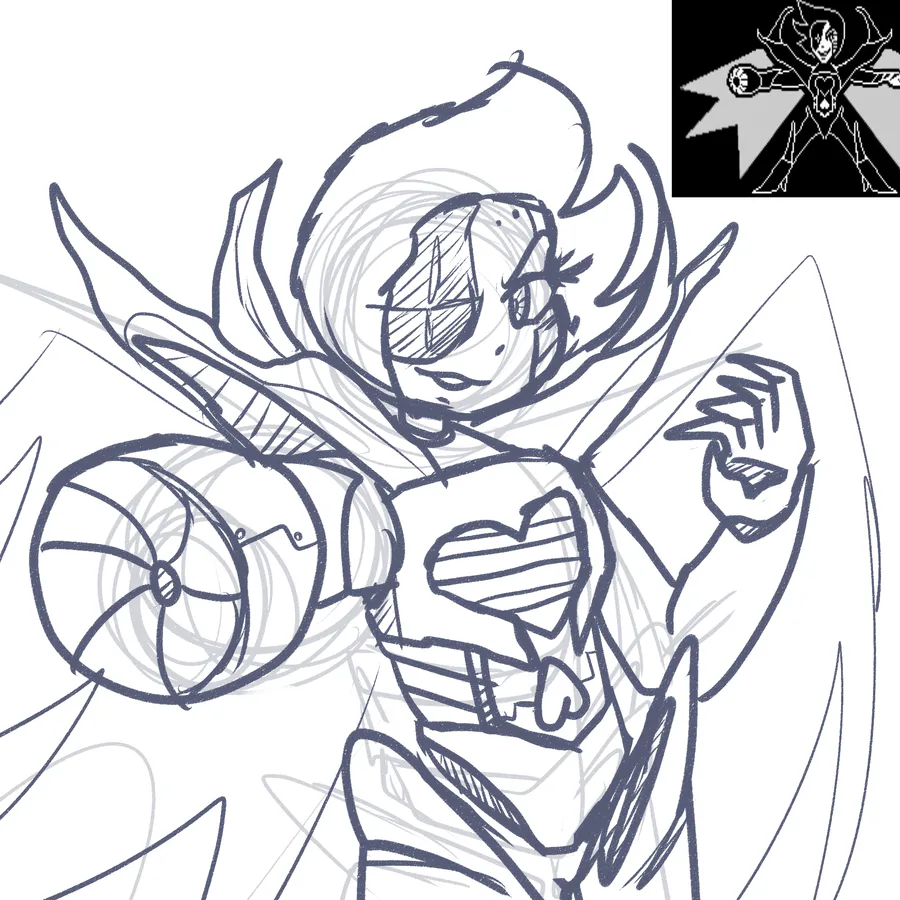
0 comments